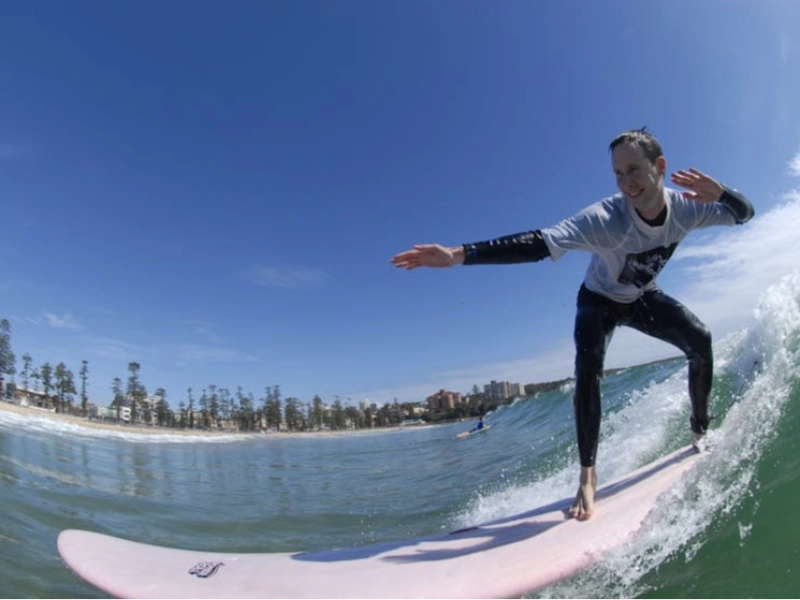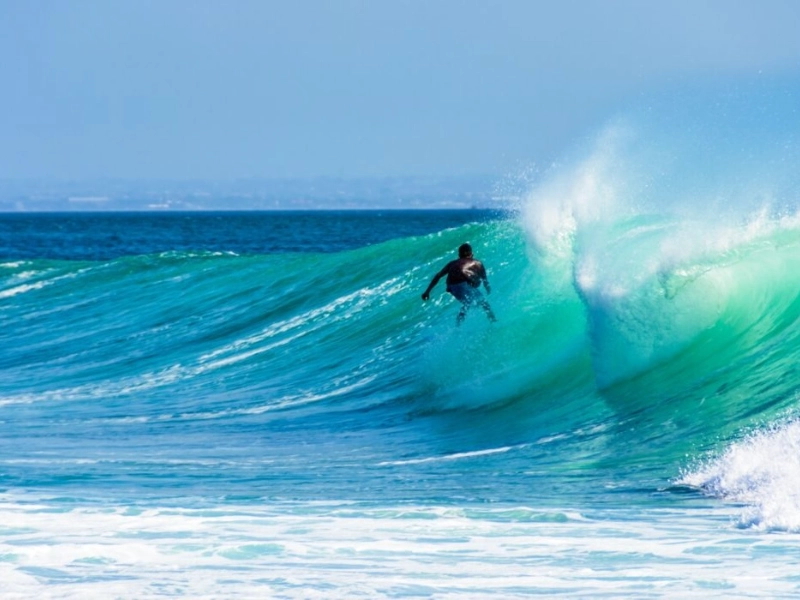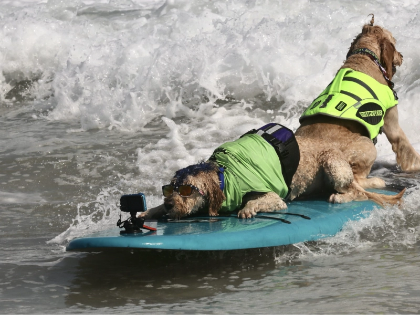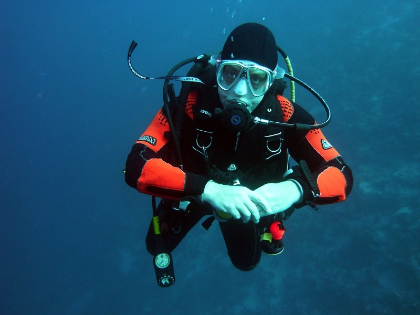Surf Insurance: Protecting Yourself In The Water
Surfers can act preventatively to lower the hazards involved in their activity. Still, mishaps and injuries happen. Policies for general liability and accident insurance can assist shield teams, organisations, and competitions from liability claims resulting from surfing mishaps. Search for travel insurance either as an optional add-on or as a basic coverage covering surfing. A thorough policy might also cover stolen or lost tools.
Save Your Board

Keep Yourself Safe
 Long stretches of time spent in the sun's damaging UV rays expose surfers to higher risk of skin cancer and sunburn. Make sure you give sun protection top priority by using a broad-brimmed hat and sunscreen.
Local Water Conditions: Every surfing spot has different threats and particular conditions that could affect safety. Check dependable surf forecasts and watch the ocean for hazards like reefs or rocks to learn about the area before swimming.
Correct falling practices might help to avoid head damage among other things. Another way a helmet might lower your chance of running over your own board or another surfers.
If at all possible, always swim close to lifeguard stations since they are qualified experts handling several water-related crises. Familiarise oneself also with the posted policies and manners of the beach. This makes the surfing scene harmonic for everyone. Furthermore, you should appreciate the aquatic life all around you and refrain from touching or upsetting any species you come across in the sea.
Long stretches of time spent in the sun's damaging UV rays expose surfers to higher risk of skin cancer and sunburn. Make sure you give sun protection top priority by using a broad-brimmed hat and sunscreen.
Local Water Conditions: Every surfing spot has different threats and particular conditions that could affect safety. Check dependable surf forecasts and watch the ocean for hazards like reefs or rocks to learn about the area before swimming.
Correct falling practices might help to avoid head damage among other things. Another way a helmet might lower your chance of running over your own board or another surfers.
If at all possible, always swim close to lifeguard stations since they are qualified experts handling several water-related crises. Familiarise oneself also with the posted policies and manners of the beach. This makes the surfing scene harmonic for everyone. Furthermore, you should appreciate the aquatic life all around you and refrain from touching or upsetting any species you come across in the sea.
Guard Your Property
 A perilous sport, surfing usually need for a lot of personal equipment to start. You really need have a decent travel insurance policy covering your surfboard. Most travel insurance companies let you list your board as a high-value item and add an optional extra for sporting equipment, which will provide more limits than usually found under luggage cover.
Common collisions with other surfers might lead to costly repairs. Teams, clubs, and competitions might consider General Liability insurance as a means of helping to offset expenses.
When surfing, you easily lose your keys; hence, be sure you have a safe spot to keep them. Should you not feel at ease concealing them in a towel, think about securing your equipment with a watertight case or locking mechanism. Knowing that your items is safeguarded when you're not around can also help you to relax.
A perilous sport, surfing usually need for a lot of personal equipment to start. You really need have a decent travel insurance policy covering your surfboard. Most travel insurance companies let you list your board as a high-value item and add an optional extra for sporting equipment, which will provide more limits than usually found under luggage cover.
Common collisions with other surfers might lead to costly repairs. Teams, clubs, and competitions might consider General Liability insurance as a means of helping to offset expenses.
When surfing, you easily lose your keys; hence, be sure you have a safe spot to keep them. Should you not feel at ease concealing them in a towel, think about securing your equipment with a watertight case or locking mechanism. Knowing that your items is safeguarded when you're not around can also help you to relax.
Safeguard Your Journey
 Enjoyed in a safe way, surfing is a great, exhilarating sport. Following a few basic safety precautions can help you to make sure that your time in the water is a pleasant and healthy one for everyone including you.
Enjoyed in a safe way, surfing is a great, exhilarating sport. Following a few basic safety precautions can help you to make sure that your time in the water is a pleasant and healthy one for everyone including you.
Get Travel Coverage
 Surfers should definitely have travel insurance since it covers lost, stolen, or damaged items, including your board (though some companies might ask that you add an optional upgrade covering sports gear). Should you also require help in the case of a wipe-out or other injury, it can also offer medical coverage.
Surfers should definitely have travel insurance since it covers lost, stolen, or damaged items, including your board (though some companies might ask that you add an optional upgrade covering sports gear). Should you also require help in the case of a wipe-out or other injury, it can also offer medical coverage.
Get Your Board Travel Ready
 Properly mark your 8-foot surfboard bag with your name, phone number, and destination location; this will help airline or shipping staff find your board should it go missing on route. To cushion and guard your board from damage, also pack bubble wrap, pipe foam and electrical tape.
Properly mark your 8-foot surfboard bag with your name, phone number, and destination location; this will help airline or shipping staff find your board should it go missing on route. To cushion and guard your board from damage, also pack bubble wrap, pipe foam and electrical tape.









